Apple — maker of the iPhone — will change certain security settings and operating system code to once again block law enforcement from gaining access to information on seized phones.
Apple Closes Security Loophole, Frustrating Police Investigations
Apple — maker of the iPhone — will change certain security settings and operating system code to once again block law enforcement from gaining access to information on seized phones.
Apple infamously got into a confrontation with the FBI when the company refused to help federal investigators gain access to data stored on the phone of one of the attackers who killed 14 people and injured 22 others in a December 2015 terrorist attack in San Bernardino, California.
“Building a version of iOS that bypasses security in this way would undeniably create a backdoor,” Apple CEO Tim Cook at the time said in a written statement. “And while the government may argue that its use would be limited to this case, there is no way to guarantee such control.”
The company contends that the new security measures are targeted to “help customers defend against hackers, identity thieves and intrusions into their personal data,” according to a report by threatpost.com, a website that provides information about IT and business security.
In making the announcement about the new security measures, the company said in a prepared statement, “We’re constantly strengthening the security protections in every Apple product to help customers defend against hackers, identity thieves and intrusions into their personal data. We have the greatest respect for law enforcement, and we don’t design our security improvements to frustrate their efforts to do their jobs.”
But critics pounced on the tech giant.
Republican Arkansas Senator Tom Cotton said that the move gives precedence to criminals and terrorists over the safety of the American people.
"If Apple is willing to store Chinese customers' data on a state-owned firm’s servers, then it should be more than willing to cooperate with valid warrants from U.S. law enforcement,” Cotton said.
More Investigations

Suspect Arrested in Charlie Kirk Assassination
Authorities arrested a 22-year-old Utah man for the killing of Charlie Kirk just 33 hours after the assassination in what FBI Director Kash Patel called a historic time period. “This is what happens when you let good cops be cops,” Patel said.
Read More →
More Than 7,000 Tips Provided to Kirk Assassination Investigation
More than 7,000 tips were provided to the investigation by the day after the assassination of Charlie Kirk on a Utah college campus on Wednesday. The FBI has not received that much help from the public since the Boston Marathon bombings.
Read More →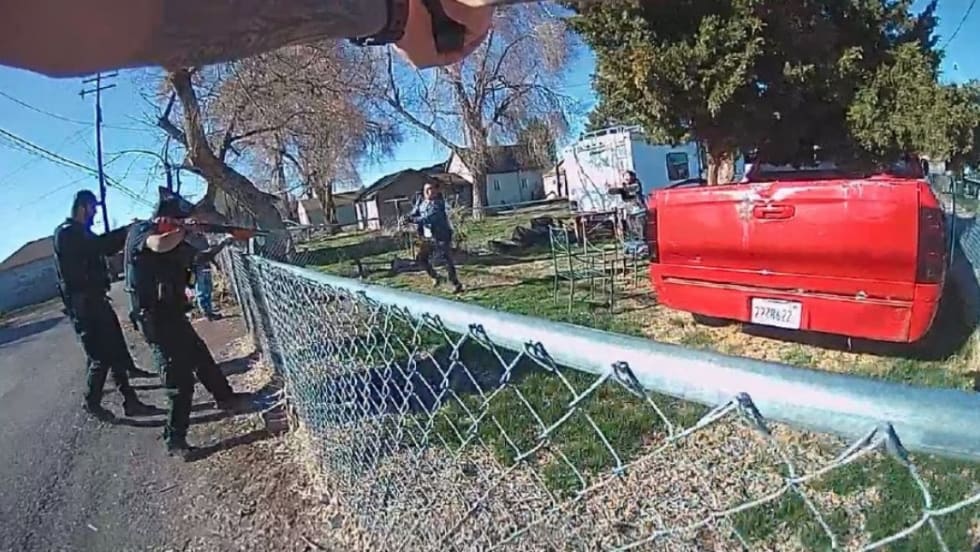
Idaho AG Will Not Pursue Charges Against 4 Officers Who Fatally Shot Nonverbal Autistic Teen Armed with a Knife
The Idaho Office of the Attorney General has concluded its investigation into the fatal officer-involved shooting that killed a 17-year-old teen who was armed with a knife. Officers did not know the teen suffered from developmental delays, autism, and other conditions.
Read More →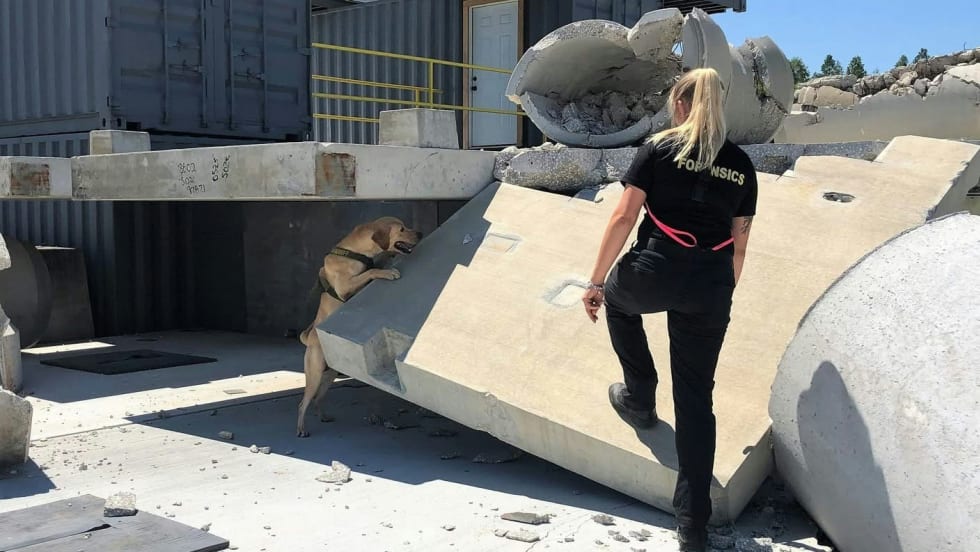
The Role of Forensics in Disaster Victim Identification
Heidi Sievers, of Columbia Southern University, explains disaster victim identification and how scientific work bridges critical gaps when visual recognition, one of the least reliable methods of identification, is rendered impossible by the conditions of the disaster.
Read More →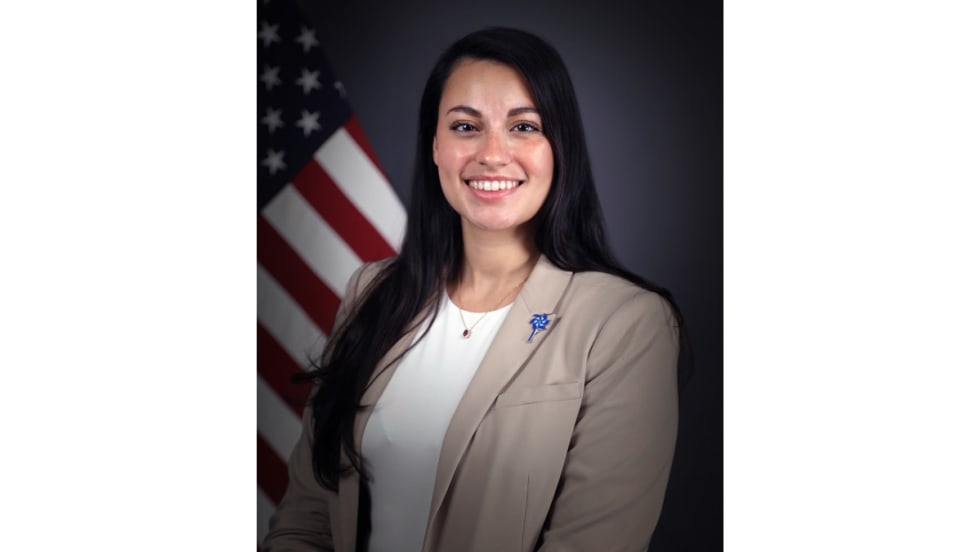
Crimes Against Children Detective Named June 2025 Officer of the Month by NLEOMF
The case began in March and culminated with multiple search warrants and arrests on June 10, 2025. This case ran between Virginia and New York with multiple victims throughout the United States.
Read More →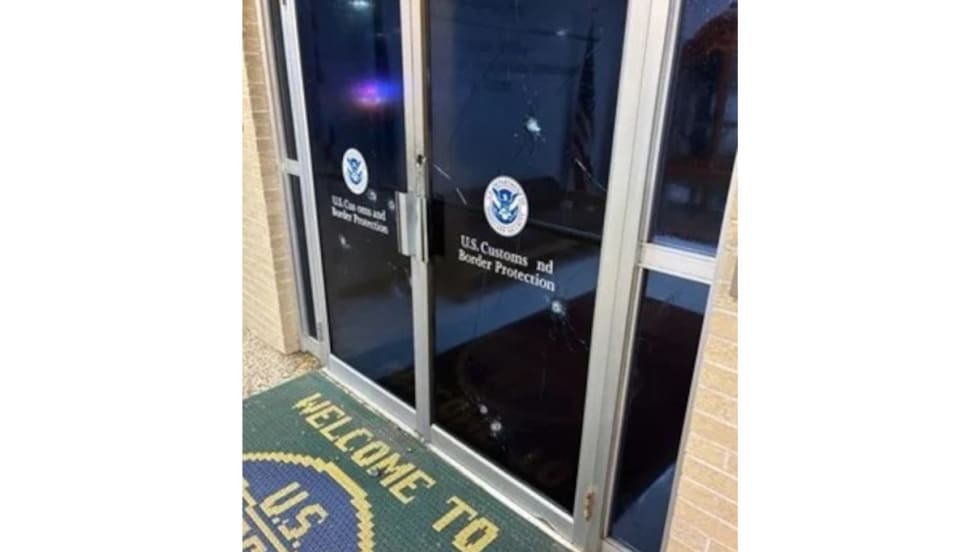
2 Officers Injured in Attack at Texas Border Patrol Station
A McAllen Police officer was shot in the leg during the attack. A Border Patrol officer and a non-sworn employee were injured, according to a Department of Homeland Security.
Read More →
Multi-State Law Enforcement Operation Rescues 70 Human Trafficking Victims
The operation involved the execution of 25 search warrants and disrupted business at 26 “illicit massage businesses,” the Human Trafficking Training Center reports.
Read More →
2 Ohio Officers Shot During Traffic Stop, Suspect at Large
According to the Franklin County Sheriff’s Office, the suspect has been charged with one count of attempted murder and two counts of felonious assault.
Read More →
DOJ Rescues 115 Sexually Exploited Children, Arrests 205 Offenders
“The Department of Justice will never stop fighting to protect victims — especially child victims — and we will not rest until we hunt down, arrest, and prosecute every child predator...,” Attorney General Pamela Bondi.
Read More →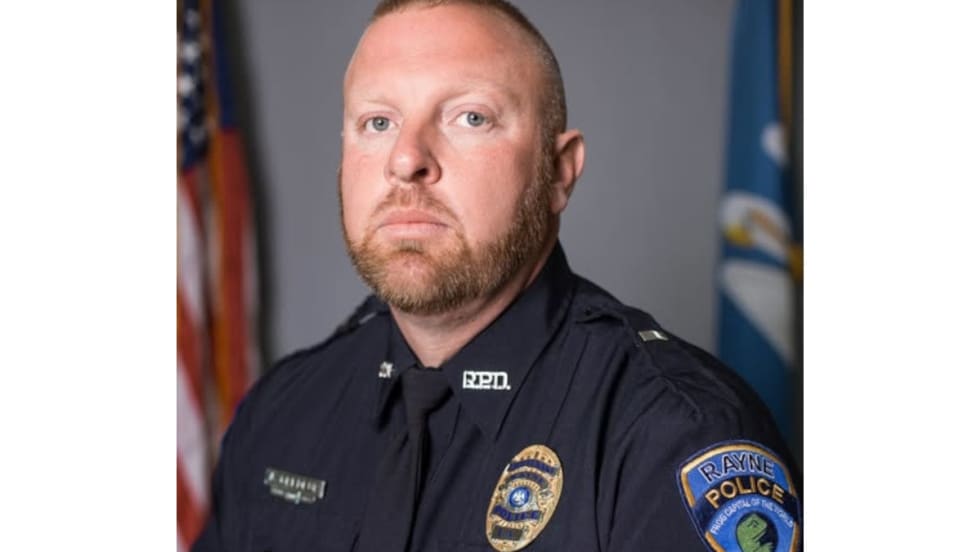
Louisiana Lieutenant Killed by “Friendly Fire” While Executing Search Warrant
Lieutenant Allen “Noochie” Credeur, 48, was searching for a suspect wanted over a stabbing incident Monday afternoon around 1:30 p.m. when he was hit and mortally wounded by friendly fire, the department says.
Read More →
